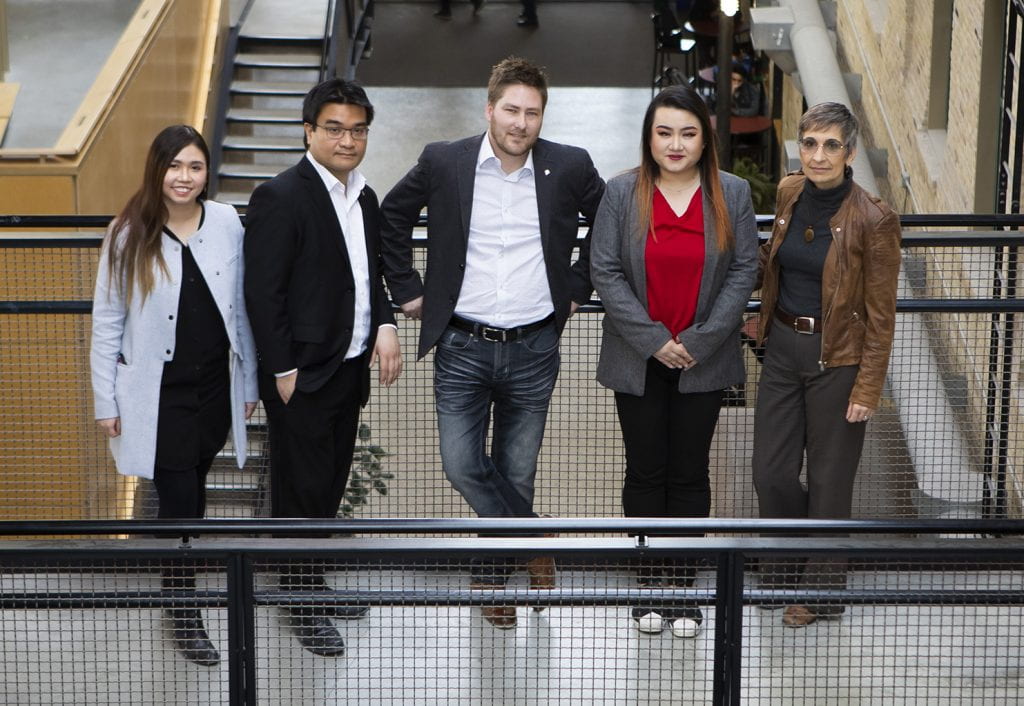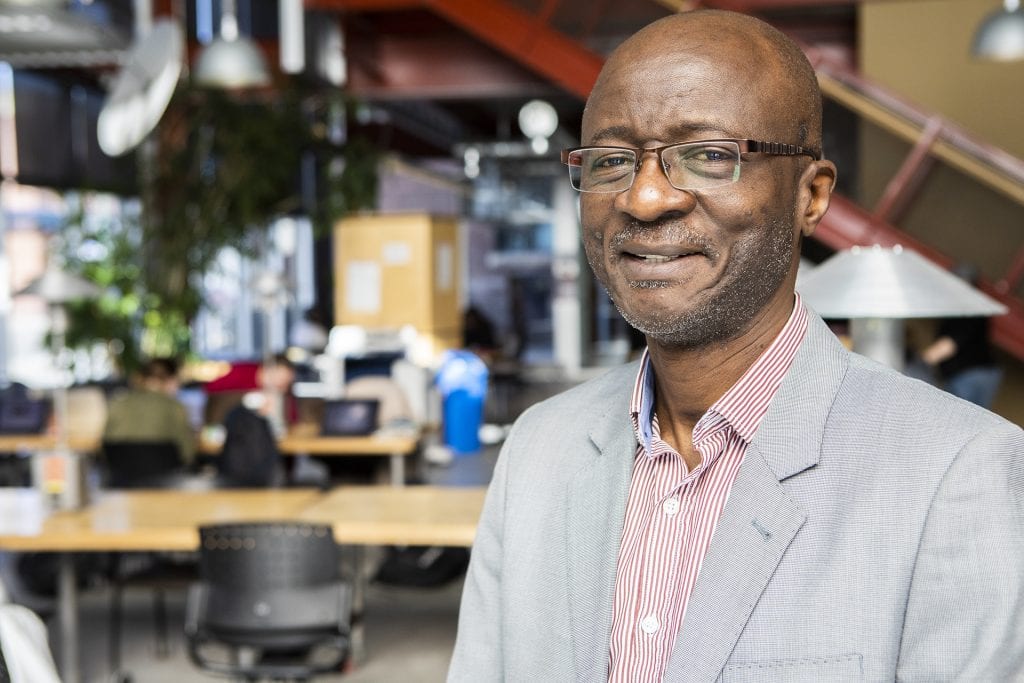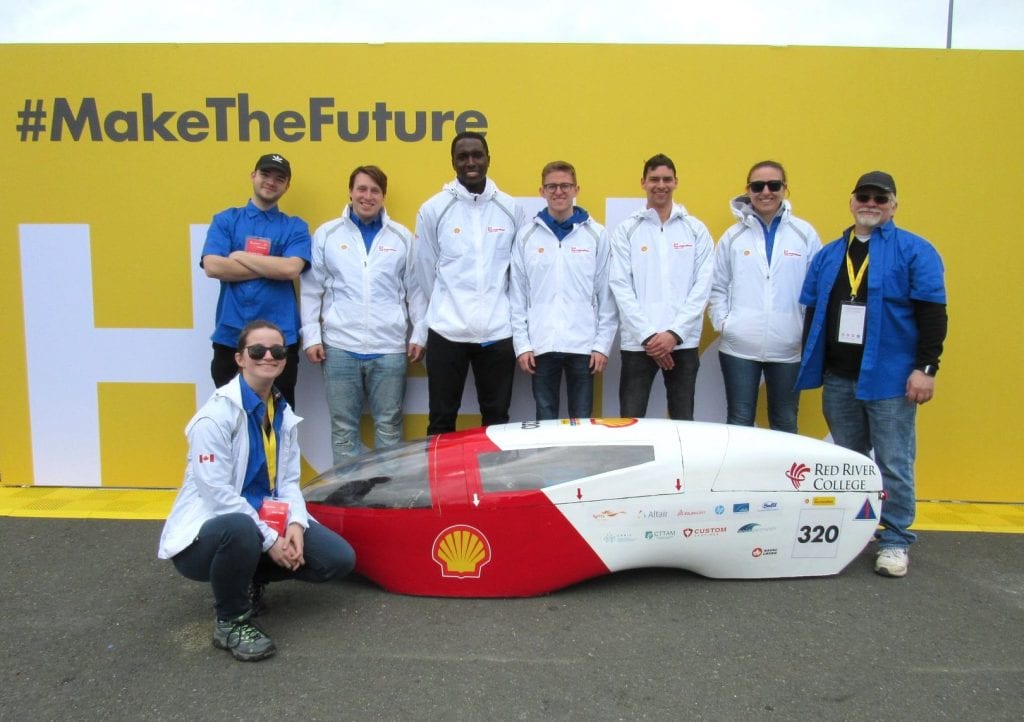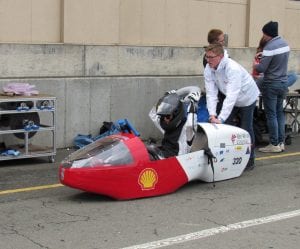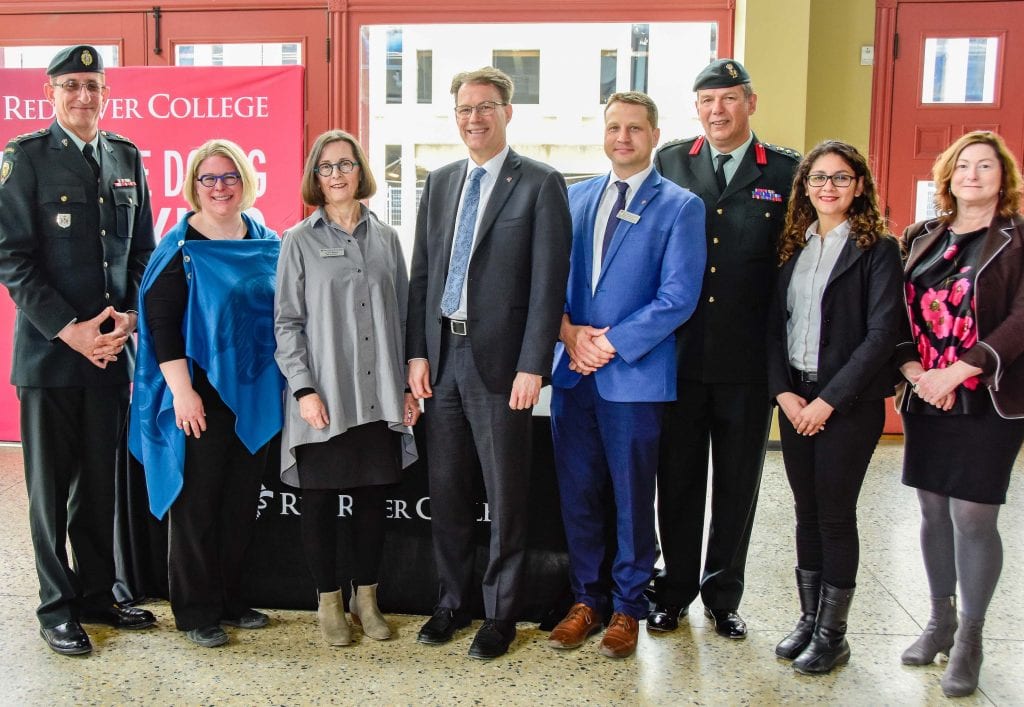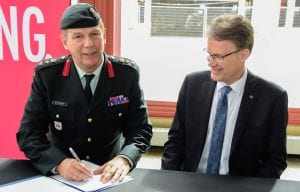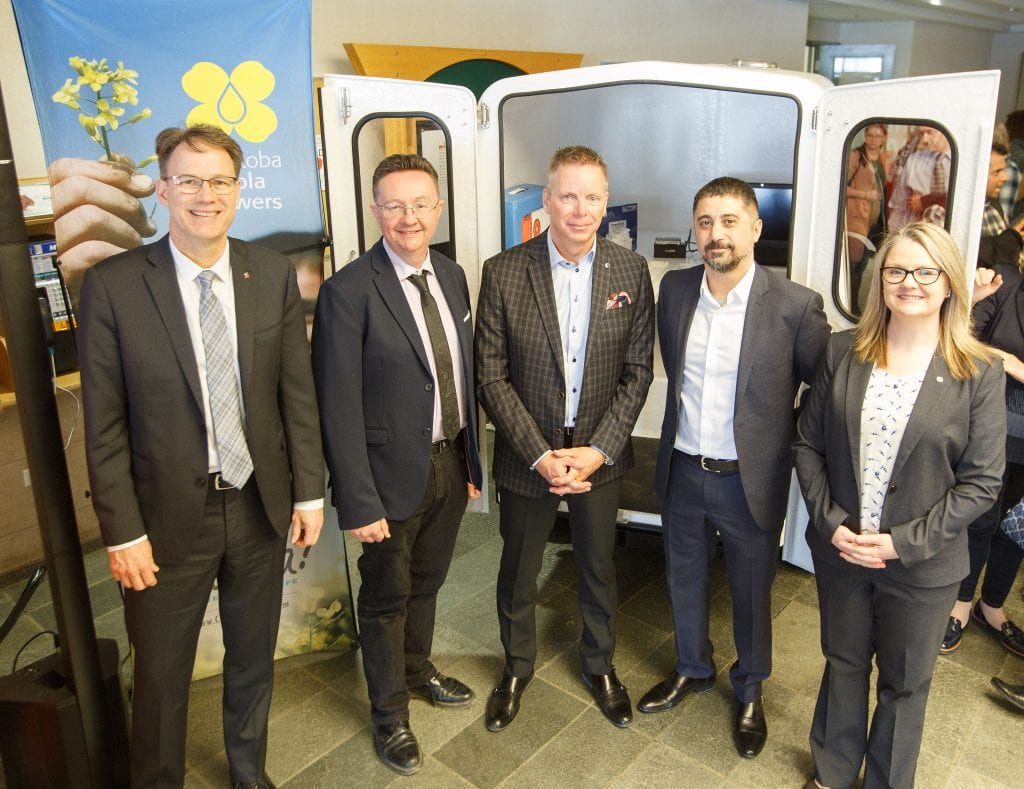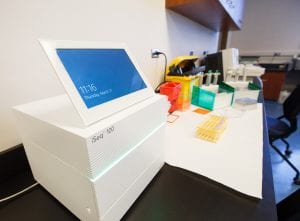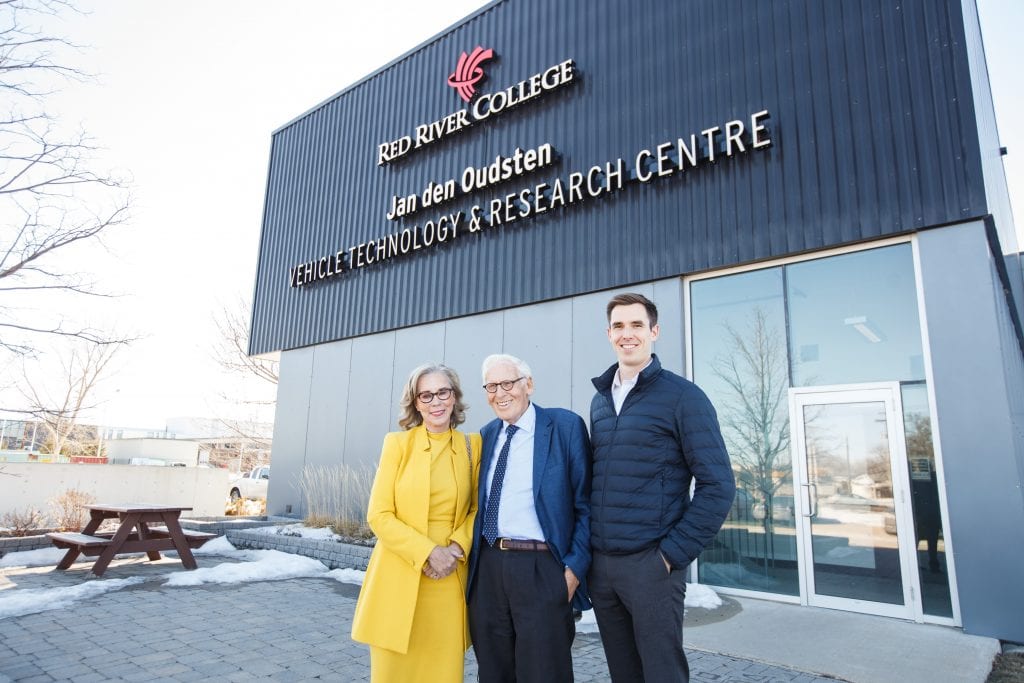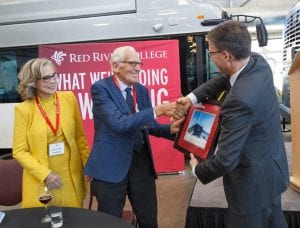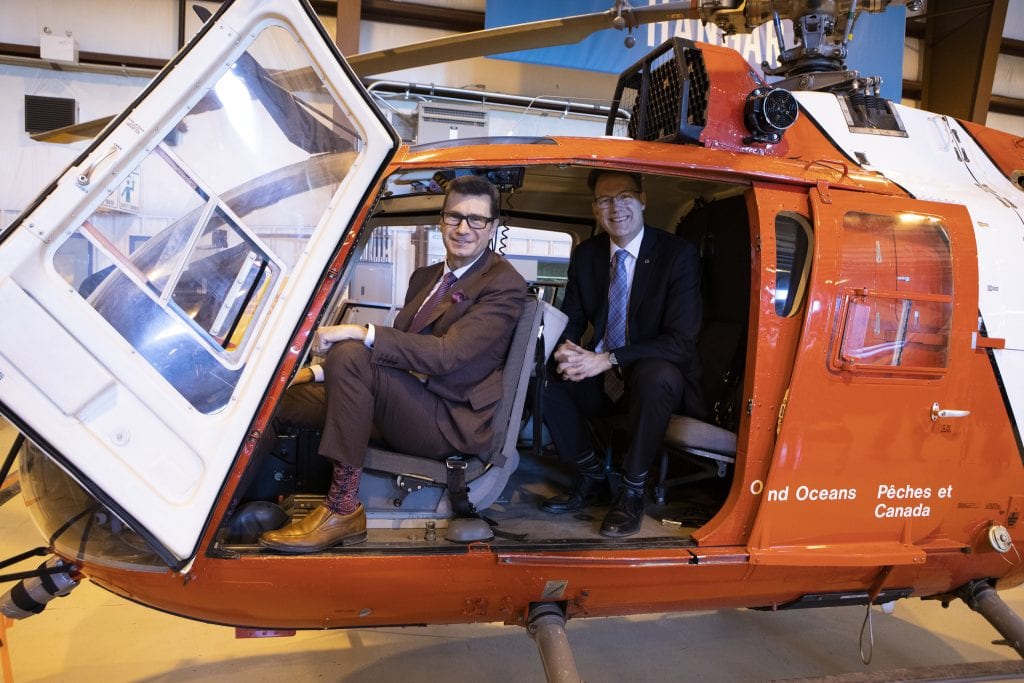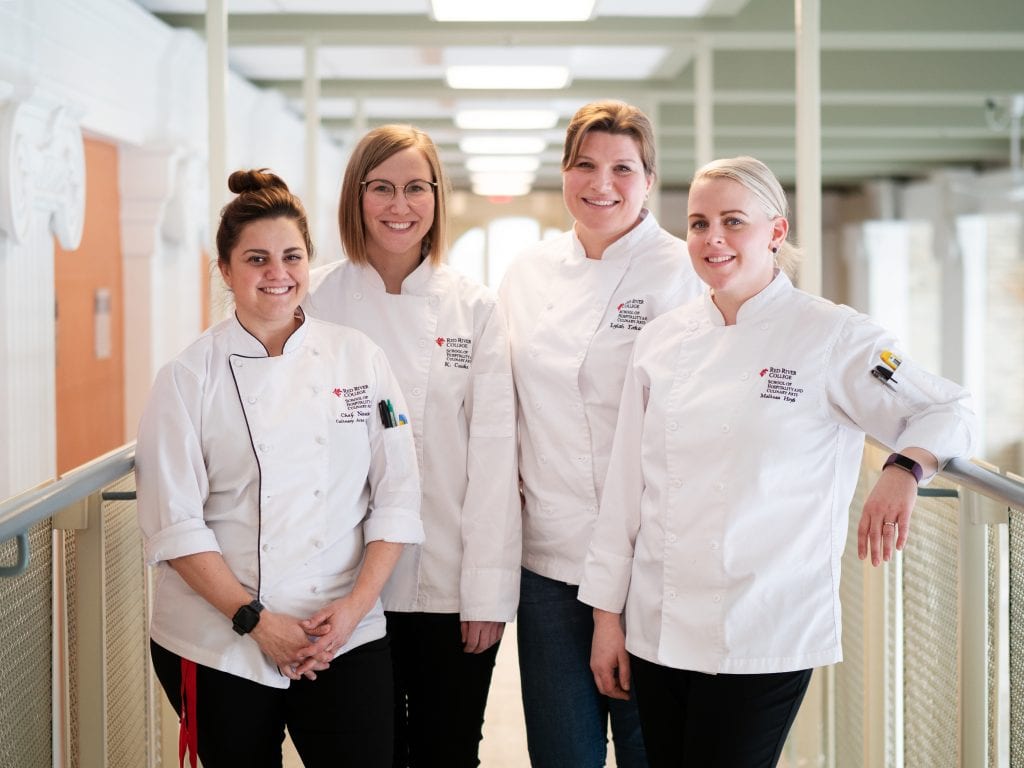Crunching numbers and crushing the competition: Financial planning students set their sights on national challenge
For the second year in a row, Red River College Business Administration students have banked a first place victory at the 2019 Western Canadian Institute of Financial Planners (CIFP) Case Challenge Competition, and will now square off against the best in the East next week in Vancouver.
The four students — (shown above, from left) Suzie Nguyen, Ron Eric Venezuela, Scott Lobban and Desiree Huang — and their Financial Services Specialization instructor, Maria Vincenten, have spent countless hours practicing and preparing in the hopes that this year they’ll come home the national champions.
“Students come to Red River College to gain the skills and knowledge that will make them employable,” says RRC President Paul Vogt. “Competitions like the CIFP Case Challenge provide our students with opportunities to practice problem solving, hone their innovation skills, strengthen their ability to communicate and work within teams, and acquire real-life experience that will ultimately lead them to a successful career.”
“We are so proud of these students and their instructor, who are representing Red River College on the national stage and are truly demonstrating the value of hands-on, applicable learning.”
The CIFP Case Challenge lets students take the skills they’ve learned in the classroom and apply apply them in a fast-paced simulation of a real-world scenario.
Teams of three are sequestered in a room with a copy of a multi-page financial case study, then given just two hours to develop a case analysis, recommendations and an implementation plan.
Once completed, students then have up to 20 minutes to present their findings to a panel of judges (all of them financial services professionals). During this time, students must convince the judges that their solutions are viable and are the best solutions for the case. The team that makes the best and most persuasive case presentation wins. Read More →

